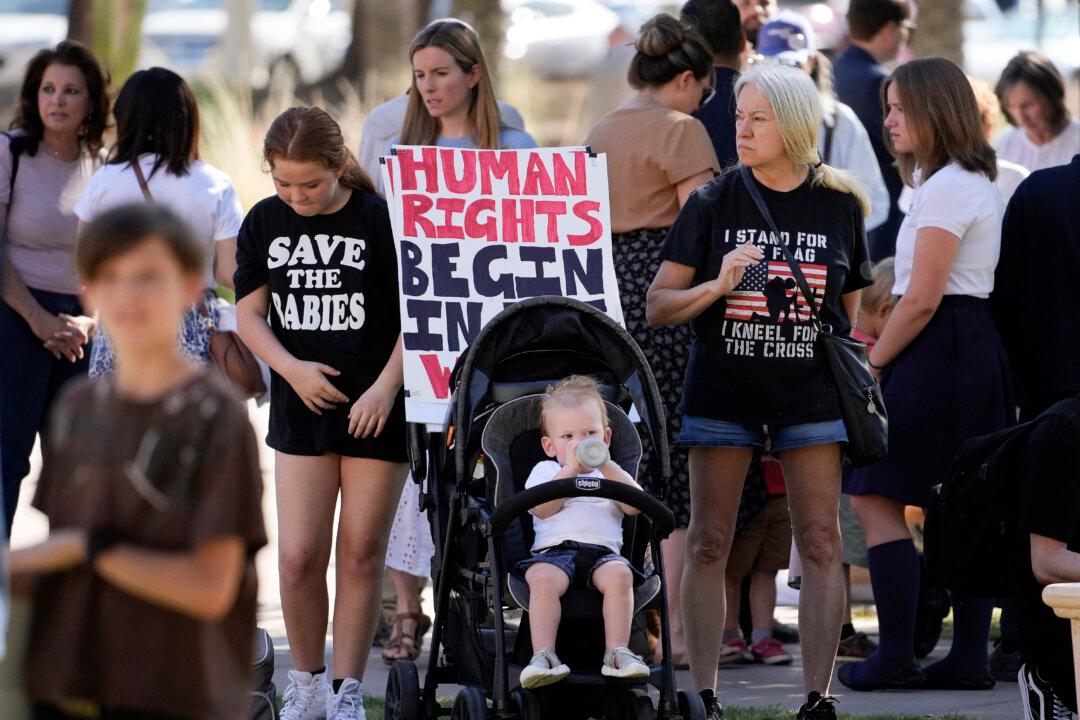Voters in Arizona and Missouri will decide this November whether obtaining an abortion is a “fundamental right.”
Propositions to that effect were approved for both states’ general election ballots.

Voters in Arizona and Missouri will decide this November whether obtaining an abortion is a “fundamental right.”
Propositions to that effect were approved for both states’ general election ballots.